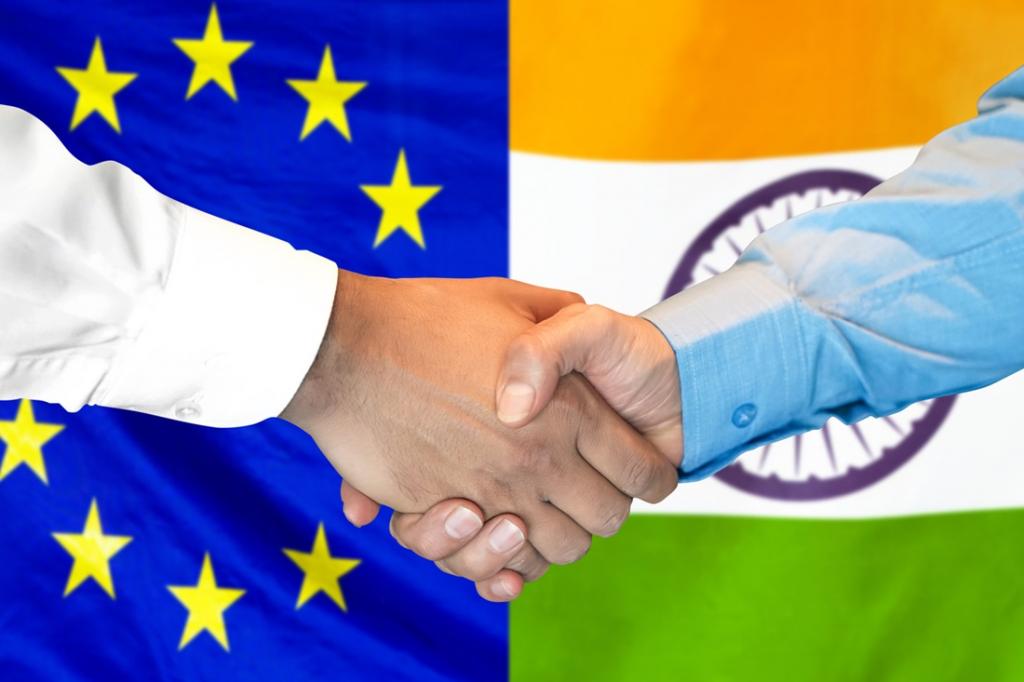

Capacity-building, technical assistance and technology transfer to poor countries aims to advance a resilient and sustainable approach to plastic management that benefits all Parties involved



The provisions outlined emphasise key obligations and requirements related to capacity-building, technical assistance and technology transfer to address plastic pollution comprehensively and effectively, particularly in developing countries, least developed countries (LDC) and Small Island Developing States (SIDS).
Firstly, Parties are mandated to cooperate in providing timely, sustainable and comprehensive capacity-building and technical assistance to these countries. The assistance is tailored to support implementation of obligations under the instrument while ensuring that the built capacity endures for long-term effectiveness in combatting plastic pollution.
Secondly, the governing body assumes responsibility for reviewing and promoting capacity-building and technical assistance efforts to bolster instrument implementation. This includes fostering cooperation with other multilateral environmental agreements and initiatives to enhance effectiveness and avoid duplicative efforts, reflecting a collaborative approach to tackling plastic pollution on a global scale.
Additionally, Parties are tasked with promoting and facilitating the development, transfer and access to environmentally sound technologies aimed at addressing plastic pollution. This encompasses promoting safe and sustainable alternatives to plastics and encouraging innovation and investment in new technologies and solutions. The provisions stress the importance of ensuring equitable access to essential technologies, including financial resources and proprietary rights, to foster innovation and drive progress towards sustainable plastic management practices worldwide.
These provisions underscore the significance of capacity-building, technical assistance and technology transfer in empowering developing countries, LDCs and SIDS to implement effective measures against plastic pollution. By promoting cooperation, innovation and access to sustainable technologies, the provisions aim to advance a resilient and sustainable approach to plastic management that benefits all Parties involved in combatting this global environmental challenge.
The United States, Canada and European Union have proposed higher ambition for timely and adequate capacity building of all the stakeholders across the value chain.
The African group has agreed to most of the exsiting text. Russia has proposed a separate provision on technology transfer, focusing on plastic waste management. It has also mentioned about freedom of trade of technology to implement instrument. Brazil has proposed a cooperation mechanism instead.
To download the whole report, click here.
This is a click to zoom map. View the larger image by clicking on it
We are a voice to you; you have been a support to us. Together we build journalism that is independent, credible and fearless. You can further help us by making a donation. This will mean a lot for our ability to bring you news, perspectives and analysis from the ground so that we can make change together.

Comments are moderated and will be published only after the site moderator’s approval. Please use a genuine email ID and provide your name. Selected comments may also be used in the ‘Letters’ section of the Down To Earth print edition.